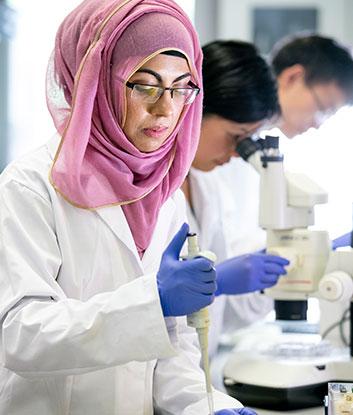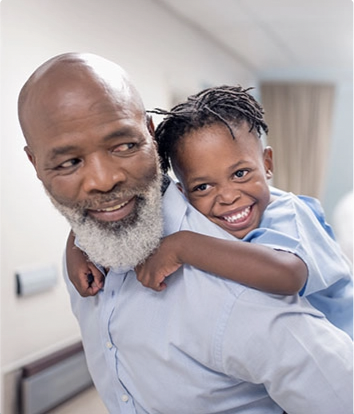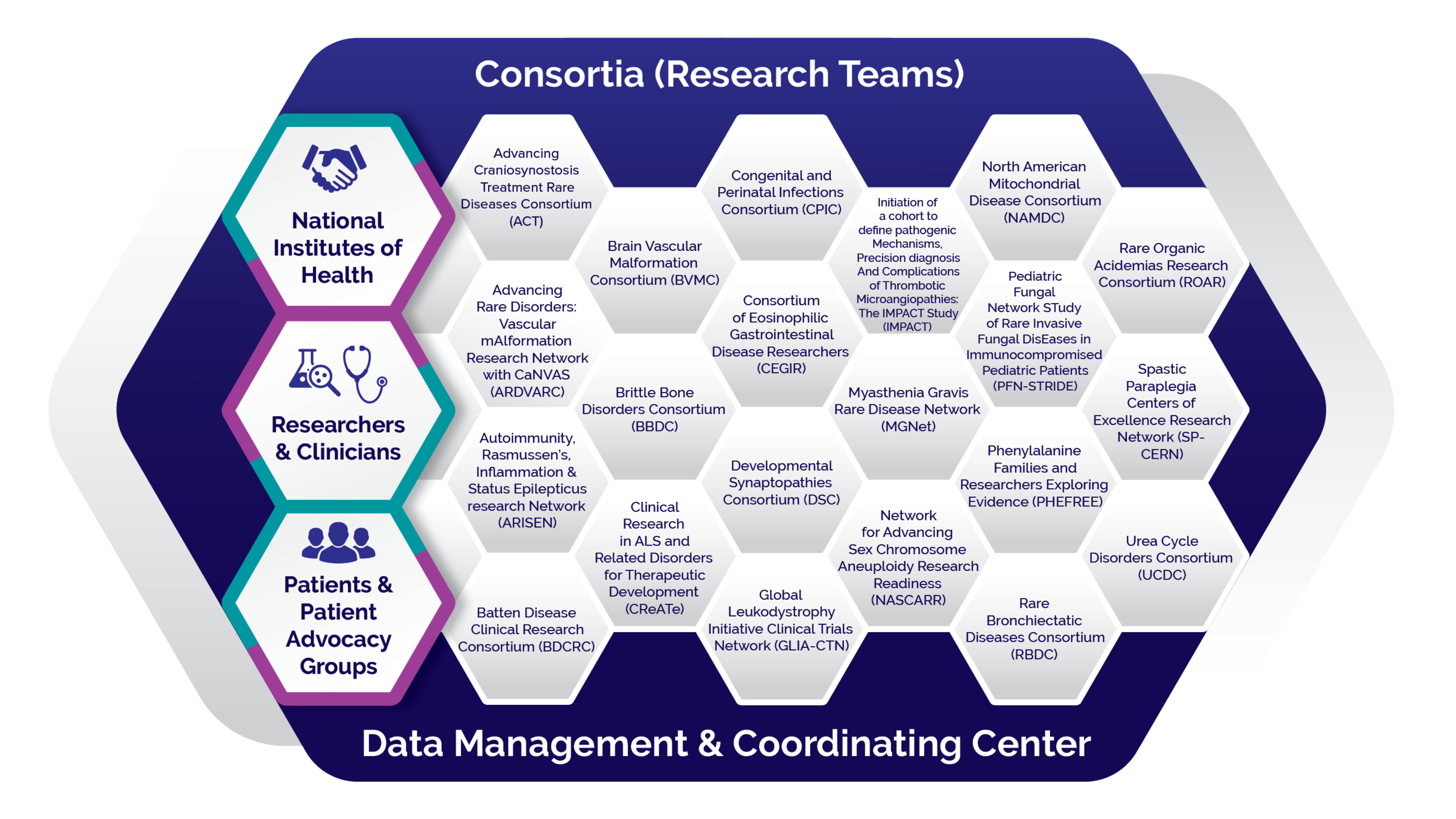
Who We Are
The RDCRN program is designed to advance medical research on rare diseases by providing support for clinical studies and facilitating collaboration, study enrollment and data sharing. Through the RDCRN consortia, physician scientists and their multidisciplinary teams work together with patient advocacy groups to study nearly 200 rare diseases at sites across the nation.
Learn About Our Consortia Learn About Our Data Management Coordinating Center
Research groups funded

Diseases studied

Patient advocacy partners
Rare Research Report: February 2026
Each month, we share summaries of recent Rare Diseases Clinical Research Network grant-funded publications. Catch up on RDCRN research for February 2026.
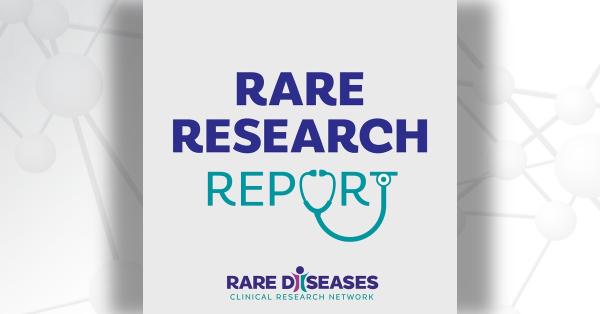
Join the RDCRN for Rare Disease Day at NIH on February 27, 2026
Don’t miss the in-person and virtual celebration of Rare Disease Day at NIH on Friday, February 27, 2026, from 9 am to 5 pm EST.
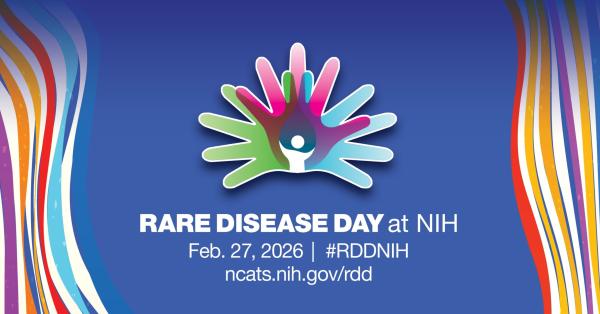
Rare Research Report: January 2026
Each month, we share summaries of recent Rare Diseases Clinical Research Network grant-funded publications. Catch up on RDCRN research for January 2026.


Training the Next Generation of Researchers
Our consortia place a high priority on the recruitment, training and support of early career researchers due to the significant need for well-trained clinical researchers in the rare diseases field.
Find OpportunitiesInformation for Patients and Families
Our network focuses on clinical research and does not generally support clinical care outside research activities. View the diseases that we currently study here.
If you are looking for information on rare diseases not currently studied by the RDCRN, visit the NIH’s Genetic and Rare Diseases Information Center (GARD), which helps the public find reliable information about rare and genetic diseases. Contact their specialists at 888-205-2311 or email GARDinfo@nih.gov.
NIH Funding Institutes, Centers, and Offices
Established by Congress under the Rare Diseases Act in 2002, RDCRN is an initiative of the Division of Rare Diseases Research Innovation at the National Institutes of Health’s National Center for Advancing Translational Sciences. Our network, now in its fifth five-year funding cycle, is a partnership with funding and programmatic support provided by Institutes, Centers and Offices across the NIH.

